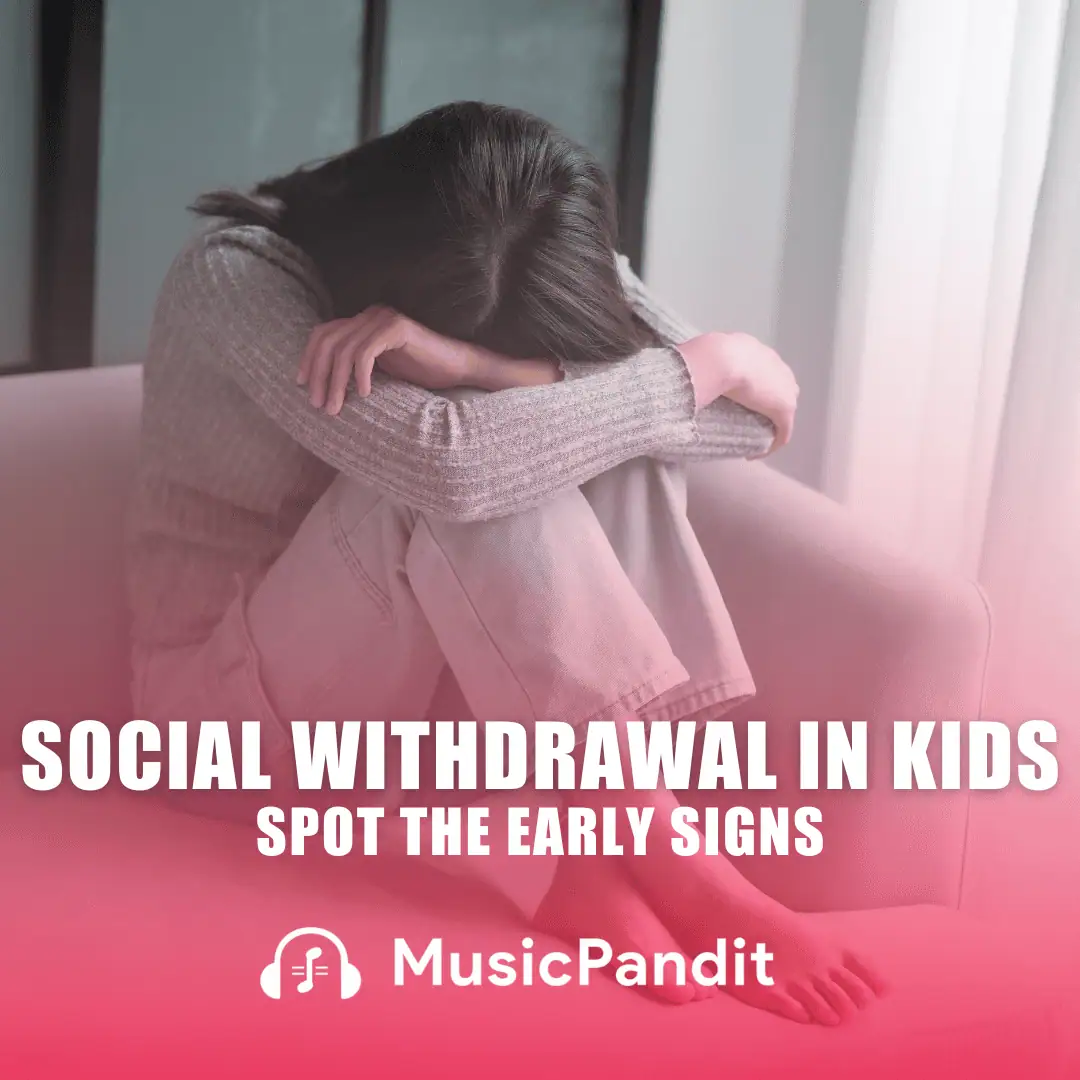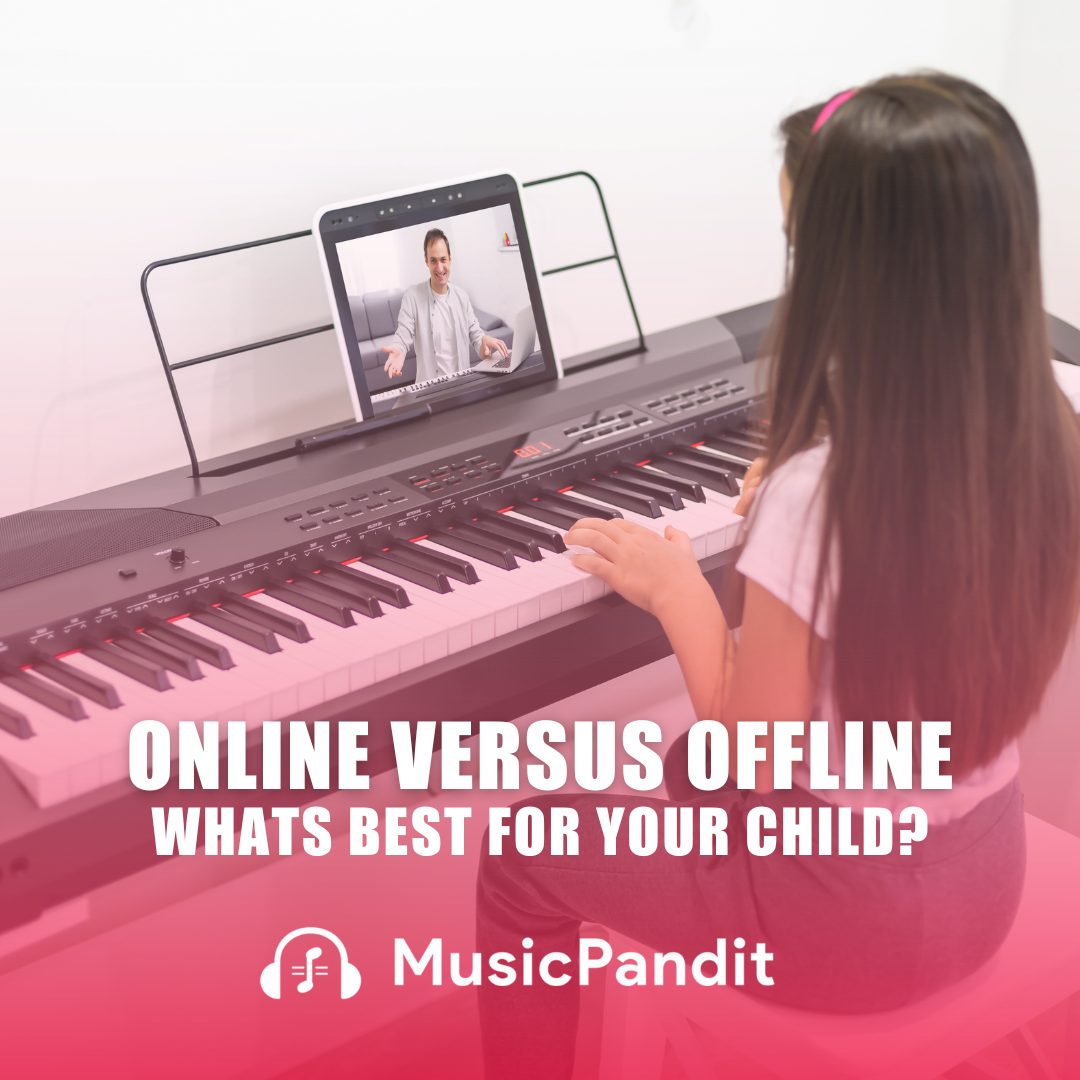Music has the power to enrich a child’s life in countless ways. It can stimulate their creativity, boost their confidence, and provide them with a lifelong source of joy. When it comes to choosing an instrument for your child, the ukulele is an excellent option. Its small size, ease of play, and charming sound make it a great choice for kids of all ages.
However, there isn’t just one type of ukulele to choose from. There are several, each with its own unique characteristics. In this article, we’ll explore the different types of ukuleles and help you decide which one is best for your child.
Also Read: Parts of a Guitar
The Basics of Ukuleles
Before we delve into the various types of ukuleles, let’s start with the basics. The ukulele is a member of the guitar family and typically has four strings. It originated in Hawaii in the 19th century and has since become a popular instrument worldwide. The four standard sizes of ukuleles are soprano, concert, tenor, and baritone. Each size has its unique qualities, and some are more suitable for children than others.
Soprano Ukulele
The soprano ukulele is the smallest and most common size, making it an excellent choice for kids. Its compact size is perfect for small hands, and it produces that classic ukulele sound we all know and love. Soprano ukuleles are typically around 21 inches long, and their short scale length makes it easier for children to form chords and play melodies.
Concert Ukulele
Slightly larger than the soprano, the concert ukulele has a fuller sound due to its increased body size. This size offers a bit more room for finger placement, making it a good choice for older kids who are a bit more coordinated. Concert ukuleles are approximately 23 inches long and provide a balanced tone that’s enjoyable for both beginners and more experienced players.
Tenor Ukulele
The tenor ukulele is even larger than the concert ukulele, measuring about 26 inches in length. It’s an excellent choice for older children and teenagers who want a deeper, richer sound. The larger fretboard allows for more complex chord formations and fingerpicking, making it a suitable option for kids with larger hands and more advanced playing abilities.
Baritone Ukulele
The baritone ukulele is the largest of the four standard sizes, with a length of around 30 inches. It’s tuned differently from the other ukuleles, with a lower pitch, more akin to a small guitar. While this size can be suitable for older kids or teens with prior musical experience, it might be too challenging for beginners due to its unique tuning.
Now that you have a basic understanding of the four standard ukulele sizes, let’s delve deeper into which ukulele is best for beginners or the right one for your child based on their age, size, and musical goals.
Choosing the Right Ukulele for Your Child
Age Considerations
When selecting a ukulele for your child, it’s essential to consider their age and size. Here are some general guidelines based on age groups:
Preschoolers (5-6 years old): For the youngest children, a soprano ukulele is your best choice due to its small size and ease of play. Look for one with a shorter scale length, so it’s not too unwieldy for tiny hands.
Elementary School (6-12 years old): Soprano and concert ukuleles are suitable for this age group. The soprano size is still excellent for younger kids, while older elementary school children may find the slightly larger concert size more comfortable to play.
Middle and High School (13+ years old): Tenor ukuleles can be a great choice for older kids, as they offer a more substantial and rich tone, which can be appealing to adolescents. Additionally, older kids may have more developed finger dexterity, making it easier to handle a larger instrument.
Playing Goals
Another important consideration is your child’s musical goals. Are they interested in simply strumming a few chords and singing along to their favorite songs, or do they have aspirations of becoming a serious musician? Here’s how different types of ukuleles align with various playing goals:
Casual Playing: If your child is looking for a fun and easy way to make music, a soprano or concert ukulele is an excellent choice. These smaller sizes are comfortable for beginners and are great for strumming and singing.
Intermediate to Advanced Playing: As your child progresses and develops their skills, they might want a ukulele that offers more tonal versatility and room for intricate fingerpicking. In this case, a tenor ukulele could be a suitable choice.
Exploring Music Theory: If your child has a keen interest in music theory and wants to explore different tunings and musical possibilities, the baritone ukulele might be worth considering. However, this option is better suited for older, more experienced players.
Size and Comfort
Comfort is essential for kids learning to play the ukulele. The size of the instrument should match their physical build and hand size. The child should be able to comfortably reach the frets and strum without straining their fingers or wrist. It’s crucial to find a ukulele that your child can comfortably hold and play.
Budget
Ukuleles come in a wide range of prices, so consider your budget when making a selection. While it’s not necessary to break the bank for your child’s first ukulele, investing in a good-quality instrument will make learning more enjoyable and ensure the ukulele is playable. Look for a balance between quality and affordability.
Ukulele Types and Comparisons
Now that you’ve considered your child’s age, playing goals, size, and budget let’s delve into the different types of ukes and how they compare:
Soprano vs. Concert
The soprano and concert ukuleles are popular choices for kids and beginners. Here’s a comparison of the two:
Soprano Ukulele:
- Smallest size, typically 21 inches long.
- Short scale length, ideal for small hands.
- Classic ukulele sound.
- Great for beginners and kids of all ages.
Concert Ukulele:
- Slightly larger, approximately 23 inches long.
- Fuller, richer sound.
- Offers a bit more room for finger placement.
- Suitable for older kids or those looking for a more versatile sound.
- If your child is on the younger side or has small hands, the soprano ukulele is a perfect choice. However, if you have an older child who is more coordinated or has aspirations of exploring a broader range of music, the concert ukulele’s slightly larger size and fuller sound may be more appealing.
Concert vs. Tenor
The concert and tenor ukuleles offer some distinctions that can influence your choice:
Concert Ukulele
- About 23 inches long.
- Balanced tone.
- Suitable for older children and beginners.
- Offers more finger placement room than soprano.
Tenor Ukulele
- Larger size, approximately 26 inches long.
- Rich and substantial sound.
- Ideal for older kids, teenagers, or those with larger hands.
- Allows for more complex chord formations and fingerpicking.
If your child has reached an intermediate level of playing or is a teenager, the tenor ukulele’s larger size and richer sound might be a perfect fit. It provides more tonal versatility and can accommodate more complex playing techniques. On the other hand, the concert ukulele is a balanced choice for children looking for an instrument that offers a fuller sound without the challenges of handling a larger ukulele.
Tenor vs. Baritone
The tenor and baritone ukuleles serve distinct purposes and cater to different skill levels:
Tenor Ukulele:
- About 26 inches long.
- Rich, warm sound.
- Suitable for older children and teenagers.
- Allows for more advanced playing techniques.
Baritone Ukulele:
- Largest of the standard sizes, approximately 30 inches long.
- Lower-pitched, similar to a small guitar.
- Suited for older kids and experienced players.
- May be too challenging for beginners due to its unique tuning.
The baritone ukulele is a unique instrument due to its different tuning, which is closer to that of a guitar. If your child is transitioning from a guitar to a ukulele or has prior musical experience, the baritone might be an exciting choice. However, for most beginners and younger children, a tenor ukulele is a more manageable option.
Best Ukulele Brands for Kids
When shopping for a ukulele for your child, it’s essential to consider the brand’s reputation and build quality. Here are some trusted ukulele brands that offer great options for kids:
Kadence – An Indian brand that offers good quality at local prices, with smaller size options perfect for young children.
Kala: Kala is known for producing high-quality ukuleles at various price points. They offer a wide range of sizes and models suitable for kids and beginners.
Makala: Makala is a subsidiary of Kala, and their ukuleles are an excellent choice for those on a budget. They provide affordable options without compromising on playability.
Fender: Fender, famous for its guitars, also manufactures ukuleles. They offer options for children and beginners with a focus on playability.
Mahalo is another good ukulele brand that places a strong emphasis on affordability, making it the best ukulele brand for beginners or those on a budget. Instruments made by them are known for their accessibility and ease of play.
These brands have a solid reputation for producing ukuleles that are suitable for kids and beginners, making them excellent choices for your child’s first ukulele.
Ukulele Accessories for Kids
In addition to selecting the right ukulele, you’ll want to consider some essential accessories to enhance your child’s playing experience:
Gig Bag: A gig bag will protect the ukulele and make it easier to transport. Look for one with padding and pockets for accessories.
Clip-On Tuner: A clip-on tuner is a valuable tool for keeping the ukulele in tune, which is essential for a pleasant playing experience.
Strap: A strap can help your child play more comfortably, especially if they prefer standing while playing.
Picks: Ukulele picks can be helpful for strumming, and they’re available in various materials and thicknesses to suit your child’s preferences.
Learning Materials: Invest in ukulele books, online lessons, or instructional DVDs to help your child learn to play and improve their skills.
Replacement Strings: It’s always a good idea to have spare strings on hand in case one breaks.
Also Read: Essential Accessories for Beginner Guitarists
Maintenance Tips
To ensure that your child’s ukulele remains in good playing condition, follow these maintenance tips:
- Keep it Clean: Wipe down the ukulele with a soft, dry cloth after each playing session to remove any dirt or sweat.
- Tune Regularly: Regular tuning is essential to keep the ukulele sounding its best. Use a clip-on tuner for accuracy.
- Store Properly: When not in use, keep the ukulele in a gig bag or case to protect it from dust, humidity, and physical damage.
- Change Strings as Needed: If the strings start to sound dull or show signs of wear, it’s time to replace them. Follow the manufacturer’s recommendations for string changes.
- Adjust Action: If the strings are too high off the fretboard (high action) or too close (low action), it can affect playability. Consult a professional for adjustments.
- Humidify the Ukulele: Maintaining proper humidity levels is crucial, especially if you live in a dry climate. You can use a humidifier designed for instruments to prevent the wood from drying out and cracking.
Also Read: How Learning an Instrument Improves Memory and Intelligence?
Conclusion
Choosing the right ukulele for your child is an important decision that can have a significant impact on their musical journey. Consider their age, playing goals, size, and budget when making your choice. Each type of ukulele offers distinct qualities, and the decision ultimately depends on what will make learning and playing the most enjoyable for your child.
The soprano and concert ukuleles are excellent choices for young beginners, with the soprano being especially suitable for the youngest kids. As your child grows and advances in their playing, the tenor ukulele can offer more tonal versatility and complexity. The baritone ukulele is a unique option best suited for older children with prior musical experience.
Remember to choose a reputable brand and consider necessary accessories to enhance your child’s playing experience. With proper maintenance, their ukulele can bring them joy and musical enrichment for years to come.
Ultimately, the best ukulele for your child is the one that resonates with their personality and musical aspirations. With the right choice, you’re not just giving them an instrument; you’re opening the door to a world of creativity and self-expression through music.














